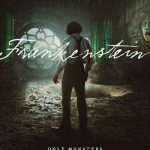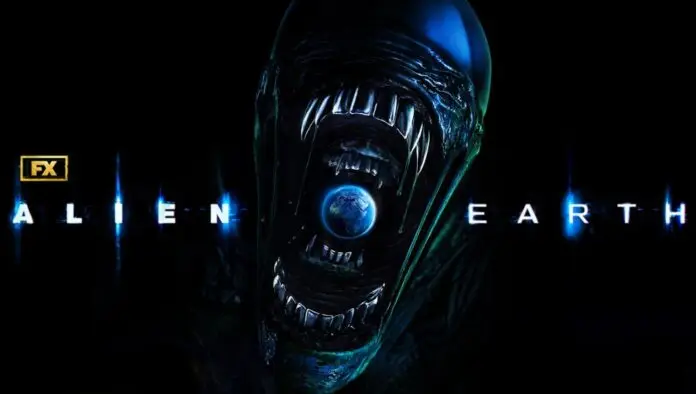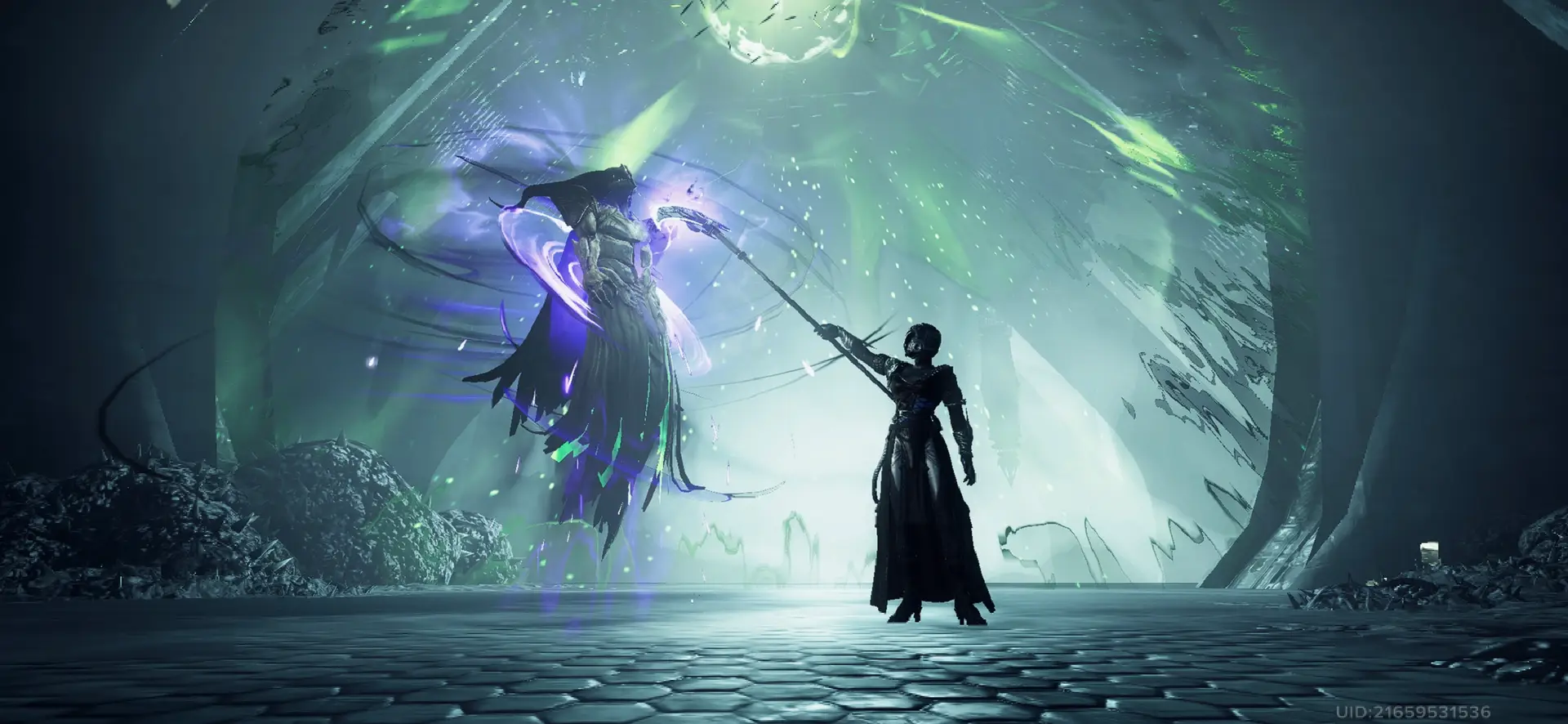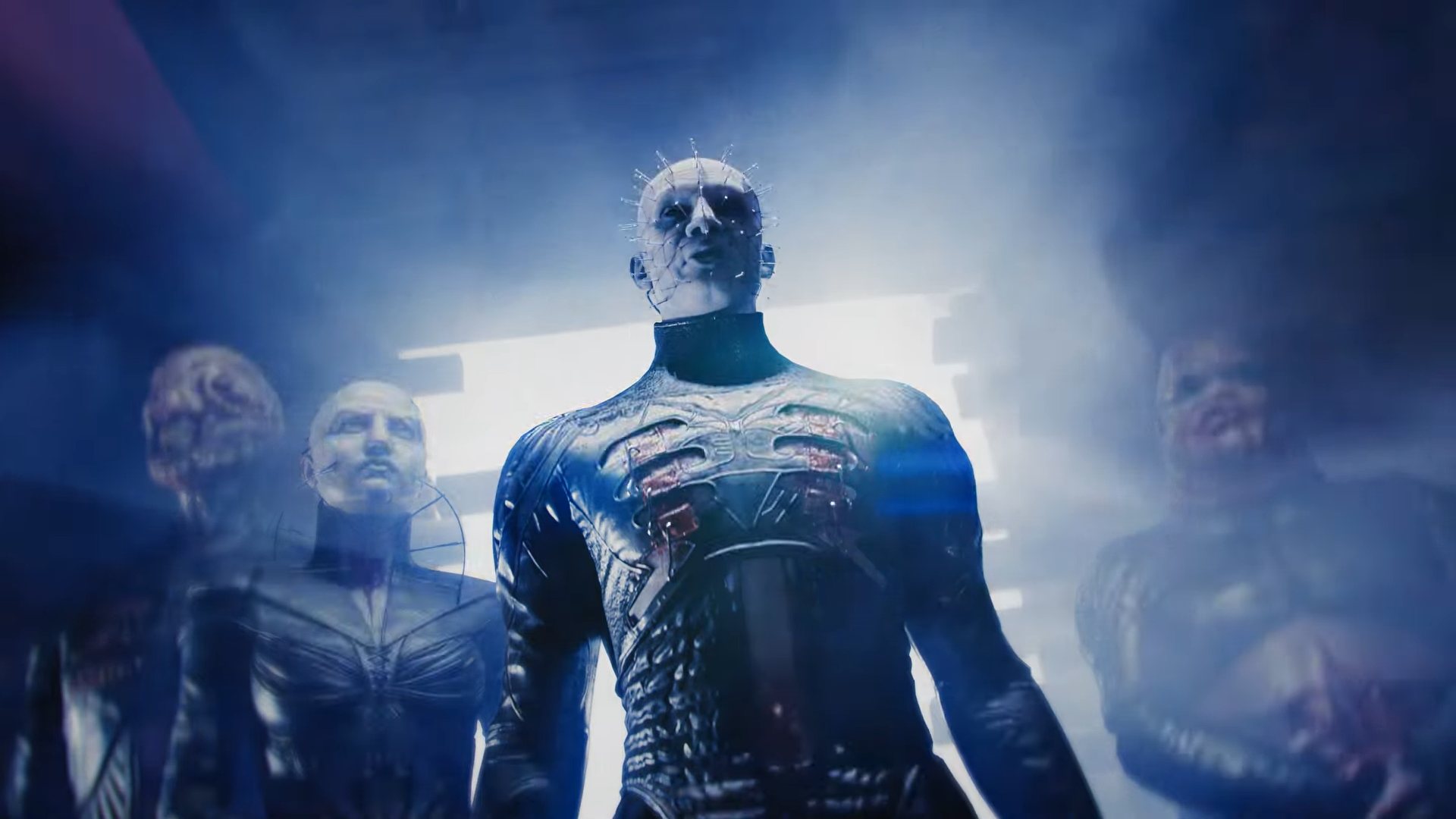Frankenstein (2025) – Review
Mary Shelley’s Frankenstein is no stranger to the big screen, having been adapted for cinema over 400 times in one form or another. The last notable imagining of the novel being 1994’s “Mary Shelley’s Frankenstein“, directed by Kenneth Branagh. However, if there’s one director who I’d hand pick to helm a new imagining of the 17th-century classic, it’d be Guillermo del Toro.
Having just watched del Toro’s vision of Frankenstein, I’m exceedingly pleased to say I enjoyed it immensely! As a result I’d highly recommend giving it a watch if you have access to Netflix in some way.
I’ve compiled my thoughts on it in this review, though there may be a few spoilers for anyone who hasn’t yet had the pleasure of seeing it yet, so you have been warned.
“I was benevolent and good; misery made me a fiend.”
Shelley’s story is well-known by now; brilliant and troubled visionary scientist Victor Frankenstein (Oscar Isaac) cobbles together body parts, in a bid to create new life in the form of the creature (Jacob Elordi).
However, del Toro’s interpretation is quite beautiful, and separated into three parts; a prologue, Victor’s story, and the creature’s story, which works very well in the circumstances, as each protagonist tells their tale to the ship captain, played by Lars Mikkelsen.
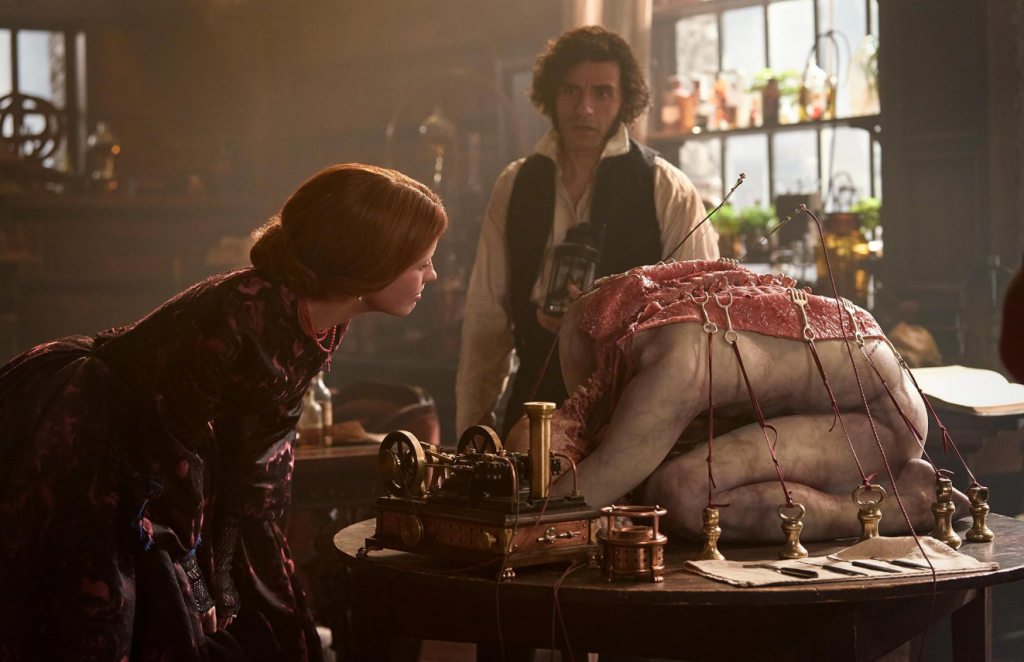
The prologue sets the scene of Victor’s troubled youth, with the passing of his doting mother (played by Mia Goth) at an early age, and the emotional torment by his brilliant, yet cruel cockwomble of a father (played by the always brilliant Charles Dance).
However, it’s the two stories from the perspectives of Victor and the creature which shine.
Victor’s depicts his descent into madness, and unrequited love for his brother’s bride to be (also played by Mia Goth), and the creature’s shows the torment at the hands of Victor, and his development into a philosophical being who continues to be tormented due to his “horrifying” appearance (though I’ll touch on this again later).
The differences to Shelley’s novel are apparent, but in lots of ways del Toro’s vision is more accurate than most of the adaptations.
The developing eloquence and intelligence the creature depicts is a prime example, whereas most of the previous iterations portray them as a mindless, stumbling oaf intent on violence.

One of the ways del Toro’s vision differs is evident from the outset: Victor’s childhood. Shelley described this as happy in the novel, with both parents being loving and nurturing, with his obsession to create life motivated by an interest in alchemy.
However, as mentioned previously, del Toro has Victor’s father being persistently cruel and emotionally isolated, ensuring he’s resented and vilified by Victor. This is done excellently by del Toro, with some beautiful imagery used as Victor dreams about an “angel” talking to him.
Despite the changes from the original source material, I think del Toro’s use of artistic licence does add more weight to Victor’s motives, particularly when you’re able to see him start to become his father to a certain extent. Though I have to admit this does seem to happen exceedingly quickly.
“Beware; for I am fearless, and therefore powerful.”
Aesthetically-speaking, Frankenstein is flawless in its execution, as we’ve all come to expect from Guillermo del Toro. The gothic imagery of the time period is monstrously beautiful in all the right ways.
An excellent example of this would be the castle/tower Victor moves to so he can start his research at the behest of Henrich Harlander (played beautifully by Christoph Waltz). The building itself is incredibly imposing, and in an immensely dilapidated state, with mould and moss growing everywhere but the only place Victor cares about (his laboratory).
The cinematography is also excellent, creating particularly vivid imagery throughout, with stunning vistas, and horrifying dreamscapes all at the same time.

Something which is very “del Toro” are the previously mentioned dreams Victor has about an angel, who tells him he’ll be a better doctor than his father, and will attain more knowledge etc.
This is reminiscent of The Pale Man from Pan’s Labyrinth, and although it lacks the bodily contortions of Doug Jones, it still makes for some stunning visuals.
Something I do need to mention is the design of the creature itself, as this has brought me much amusement since the film’s release.
I’m quite active on Bluesky, and something which has repeatedly made me chuckle is comments on Jacob Elordi’s portrayal of the creature. All of the comments I’ve seen about his performance have been resoundingly positive, and I agree he does an absolutely excellent job in the role.
However, he’s absolutely not a horrifying sight, at all. And I think the majority of Bluesky seem to agree! A lot of the comments talk about him being a monster, but still being hot, and I can’t argue!
I have to admit, when he’s created, Victor does an absolutely bang-up job of creating an incredibly tall, well built, toned and well-proportioned creature, and when his hair grows out, he’s effectively an incredibly hot man, but with slightly discoloured skin, and a few scars here and there.

Honestly, I don’t understand why he’s chased and feared by everyone, as literally every person I’ve spoken to about him still think he’s gorgeous!
“Everywhere I see bliss, from which I alone am irrevocably excluded.”
When it comes to the performances, each of the principle actors does a brilliant job, although it’s the unashamedly cheerful Waltz which steals the show in my opinion!
I’m not sure what it is, but Christoph Waltz’ cheerful smile, and nonchalant demeanour are always brilliant in everything he’s in, and I love it.
Isaac also does a brilliant job of depicting the brilliant, yet ultimately misguided Victor Frankenstein, and Elordi excellently depicts the duality of the creature’s introspectiveness and rage.
Honestly I don’t think there’s anyone I could complain about in terms of their performances!
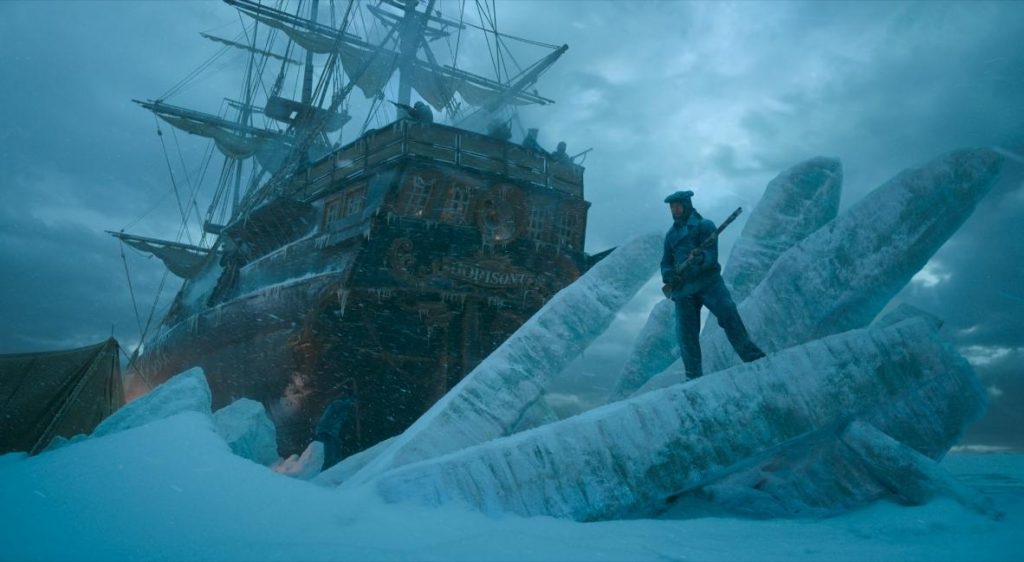
The sound and music are also excellently paired to the cinematography by Alexandre Desplat, with deep and complicated scores accentuating the accompanying visual feast we’re treated to.
“Life, although it may only be an accumulation of anguish, is dear to me, and I will defend it.”
Although I did really enjoy Frankenstein a lot, there’s something I wasn’t quite able to put my finger on throughout the tale, and it left me feeling wanting.
I’m unsure if it’s due to the slight disjointedness of the story (particularly as this is intentional), or if Victor’s reversion to his father’s cruel temperament so quickly, but it stops me from giving the film top marks.
Don’t get me wrong, this is probably one of the most faithful adaptations to date, and I’d highly recommend watching it, but something just feels a little… off. It might be the romanticising of the creature itself, particularly as in the source material he kills the object of Victor’s affections as an act of revenge, and yet in this iteration, almost everything that goes wrong seems to be the fault of Victor himself, or a terrible accident.
Regardless, despite the changes to the events of the story, and strange hotness of Elordi’s creature, del Toro’s Frankenstein is excellent, and worthy of investing your time in my opinion!
Please let me know what you thought in the comments below!
Frankenstein (2025)
Director: Guillermo del Toro
Starring: Oscar Isaac, Jacob Elordi, Mia Goth, Christoph Waltz
Running time: 148 minutes
Jim’s rating:
